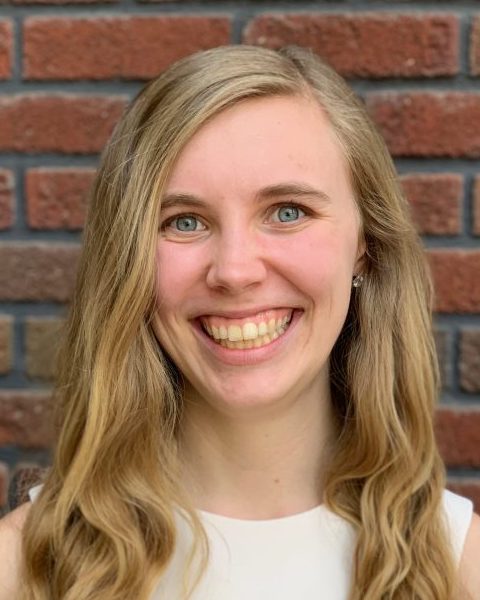By Julianne Streukens, Class of 2019
LEND stands for Leadership Education in Neurodevelopmental and Related Disabilities. It is an interdisciplinary graduate-level training program funded through the Maternal and Child Health Bureau. The purpose of LEND is “to prepare professionals for leadership roles that enable them to direct and facilitate culturally/linguistically competent and family-centered interdisciplinary care including systems change, to improve the health of infants, children, and adolescents who have, or are at risk for developing Autism Spectrum Disorders or other Developmental Disabilities.” There are 52 LEND programs across the United States and these programs are required to have 12 or more disciplines to provide an array of clinical, community, training, technical assistance and consultation, and research activities.
There are three main components to my experience in the LEND program – a problem-based learning course, leadership workshops, and the Angelman Syndrome clinic. The course, run through the University of North Carolina at Chapel Hill, includes individuals studying physical therapy, audiology, speech-language pathology, public health, special education, genetic counseling, occupational therapy, nutrition, social work, nursing, and psychology as well as family representatives and self-advocates.
Clinical case scenarios are presented weekly that address clinical, policy, community-based, and individual/family systems issues within the field of developmental disabilities to prepare students to be clinicians, advocates, leaders, and change-agents to practice issues in this arena. It has been a huge benefit to be able to have so many key players sharing their different perspectives and discussing these issues together through this course.
The leadership workshops focus on identifying one’s personal leadership style as well as building important skills such as conflict resolution, facilitation, cultural competence, and family/professional collaboration. The Angelman Syndrome clinic is a monthly multidisciplinary clinic where patients and their families can meet with a clinical geneticist, neurologist, psychiatrist, psychologist, speech-language pathologist, physical therapist, genetic counselor, and social worker who have expertise in serving individuals with significant cognitive, language, and physical limitations.
For the Angelman Syndrome clinic I am in charge of getting faculty availability for the upcoming clinics, assisting with determining if referrals are complete, contacting families prior to their visit to answer any questions they may have and get an updated medical history, sending out patient information to the faculty a week prior to the appointment, meeting the family as they arrive to orient them to the facility, and keeping track of what specialties have already seen the family throughout the day.
As my time in clinic progresses, I also have the opportunity to take on small chunks of the genetic counseling session. Thus far I have only contracted with the family and discussed the clinical aspects of Angelman Syndrome, but by the end of the summer I will be contracting, discussing the clinical aspects, explaining the genetics and mode of inheritance, taking the medical history, and obtaining the pedigree from the family.
Through this experience, I have gotten to observe all of the other specialties interact with these patients and families as well, thereby learning how they cooperate in coordinating the care for these individuals as well as more about the patient experience in general. I have loved being a part of this clinic and am excited to learn more and gain more responsibilities as the year progresses.
